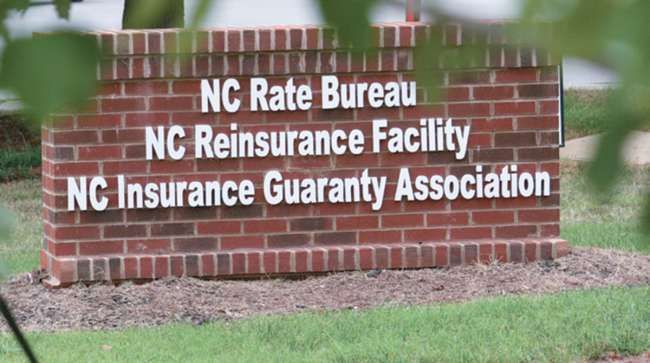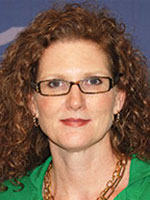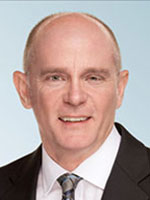Senior Reporter
North Carolina Insurance Risk Pool Halves Surcharge

In an effort to soften the blow of a surcharge tacked onto insurance policies for North Carolina truckers, officials with the state’s insurance risk pool have cut in half the surcharge that will plug a $96 million shortfall in the agency’s balance sheet.
The North Carolina Reinsurance Facility’s 7.83% surcharge, to go into effect on Oct. 1, will be assessed on new and renewal commercial vehicle policies likely for the next two years. Prior to the reduction the surcharge was 14.63%.
The surcharge applies only to commercial liability coverages including bodily injury liability, property damage liability, medical payments, uninsured motorists and underinsured motorists coverage premiums. It will be assessed on North Carolina motor carriers, motor coach operators, taxi owners, logging truck operators, dump truck operators and others.
The surcharge has been imposed to recoup the facility’s losses that have been building over the past four years, in part due to its charging rates too low for uninsurable truckers and in some cases even insuring ineligible motor carriers. The surcharge will not be applied to a motor carrier’s policy for collision or comprehensive coverage, according to facility officials.
The last surcharge issued by the risk pool was in the mid-1980s and lasted more than three years, according to the North Carolina Trucking Association.

Crystal Collins
“We worked with the Reinsurance Facility and they agreed with us that the previous surcharge percentage would be very difficult for businesses to pay since they had not budgeted for the increase,” said Crystal Collins, president of the NCTA.
The shortfall has been gradually building in the past few years, “lurking in the background” creating “significant angst” concerning the facility’s financial status, according to the risk pool’s 2017 report.
“The confluence of countrywide deterioration in private passenger auto and commercial auto experience due to distracted drivers, impaired drivers, repair cost inflation, more miles driven and, unique to North Carolina, policyholders that have found ways to pretend to be residents of the state has taken a toll on our financial position,” the report said. “While we are not where we would like to be, there is a mechanism in place to address the recent poor experience, and those actions have been initiated and will take some time to recover fully the operating losses of recent years.”

Terry Collins
“The decision to impose the surcharge was inevitable, but coming to it was a very tough thing for the board to do,” said Terry Collins, CEO of the Reinsurance Facility. “There was a lot of discussion and the board listened. They heard from the North Carolina Trucking Association, they heard the agents, they heard the large policyholders and ultimately decided that the best thing to do was to reduce the surcharge and stretch it out over a longer period of time.”
The reinsurance facility, created by the state’s 1973 Motor Vehicle Reinsurance Facility Act, is a statewide partnership of insurers intended to establish a viable reinsurance market to ensure that the state’s high-risk commercial vehicle operators unable to obtain liability insurance elsewhere can still meet the state’s mandatory liability law. By law, the facility is supposed to only allow liability insurance for state-domiciled motor carriers with valid driver licenses that have been refused liability insurance from an insurance company.
But since about 2014 the overall commercial vehicle insurance business in North Carolina and nationwide has not been healthy and insurance companies have essentially been losing money, according to facility officials.
Rob Moseley, a Greenville, S.C., attorney whose clients include North Carolina trucking companies, said he welcomed the surcharge reduction, but said it won’t make the financial shortfall go away anytime soon.
“They’re just putting it off. They’re still not managing it correctly,” Moseley told TT. “When you’re the one nobody wants to insure, you ought to be prepared to pay a higher rate. In North Carolina they’re not paying a higher rate, they’re paying market or better. That’s what is continuing to lead to the shortfall.”
Moseley added, “Rather than the people in the pool paying those losses, the people who are outside the pool also are being asked to pay the losses.”




